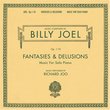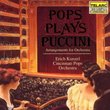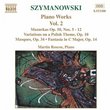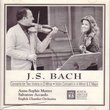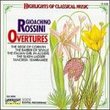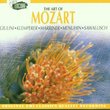| All Artists: Maria Kliegel Title: Romantic Cello Showpieces: Im Walde / Requiem / Hungarian Rhapsody Members Wishing: 0 Total Copies: 0 Label: Naxos Release Date: 2/20/2001 Genres: Dance & Electronic, Classical Styles: Opera & Classical Vocal, Chamber Music, Historical Periods, Classical (c.1770-1830), Early Music, Instruments, Strings Number of Discs: 1 SwapaCD Credits: 1 UPC: 636943465721 |
Search - Maria Kliegel :: Romantic Cello Showpieces: Im Walde / Requiem / Hungarian Rhapsody
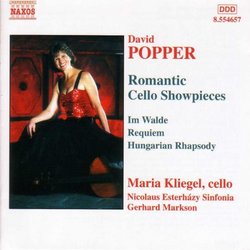 | Maria Kliegel Romantic Cello Showpieces: Im Walde / Requiem / Hungarian Rhapsody Genres: Dance & Electronic, Classical
|
Larger Image |
CD DetailsSimilarly Requested CDs
|
CD ReviewsMostly inconsequential music in generally fine performances G.D. | Norway | 10/27/2009 (3 out of 5 stars) "I suppose David Popper is still mainly known to cellists, although his music has been served rather decently by record companies in the course of the last couple of years. The disc at hand makes a fairly strong case for him - clearly, Popper knew how to spin a tune and make effective use of it, although the music is generally pretty inconsequential. He was also, it turns out, a rather skilled orchestrator, and several of the pieces here exhibits some delectable orchestral details. Of course, all the works here are first and foremostly showpieces written to show off Popper's technique, and are as such of relatively limited musical value, but at least Maria Kliegel is almost always up to the task set before her (which is often far from insubstantial - some of the pieces here sounds ridiculously hard to play convincingly), and she is finely accompanied by the Nicolaus Esterházy Sinfonia under Gerhard Markson.
Im Walde is a rather colorful suite of charm and a certain amount of atmosphere, but inspiration goes generally downhill in inspiration from the lovely opening. The Hungarian Rhapsody is among the more popular works and is a fine, technically challenging showpiece worth hearing at least once. The other works are variable (a fine Spinning Song being probably the most interesting), the exception being is the Requiem for 3 cellos and orchestra, which is a very atmospheric and finely wrought work of more than passing quality. The orchestral contributions are, as mentioned, generally good, and the band is sensitively lead by Gerhard Markson. More problematic is the fact that Kliegel has a rather thin tone, something Naxos seems to try to remedy by placing her far to the front in the sound picture. The upshot is a slightly skewed balance, not helped by the somewhat constricted dynamic range. In short, while I think most listeners will find a lot to enjoy here, this is no essential addition to ones collection either (although the Requiem is very much worth having)." |

 Track Listings (15) - Disc #1
Track Listings (15) - Disc #1